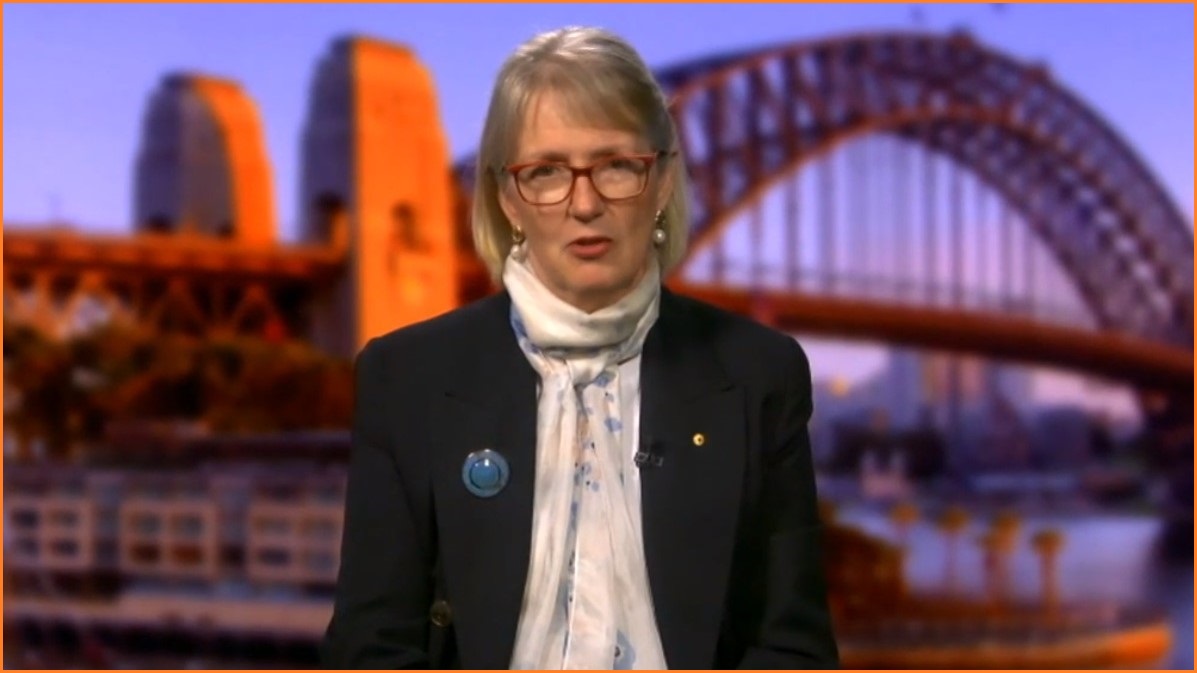The tech industry has broadly welcomed the federal government’s risk-based plan to regulate AI but there are concerns that it is not moving fast enough.
Industry minister Ed Husic this week unveiled the federal government’s interim response to industry consultation on the responsible use of artificial intelligence.
This consultation opened mid-last year and received more than 500 submissions.
The government’s plan involves a balancing act between mitigating the wide-range of risks associated with the explosive growth in AI technologies and capitalising on the enormous opportunities they also present.
The plan will involve mandatory safeguards put in place for high-risk AI use and a voluntary code for lower risk usage.
A new advisory group will be set up to guide the implementation of the mandatory “guardrails”.
Husic told the media on Wednesday that he hopes both reforms will be in place by the end of the year, but the plan did not provide a clear timeframe for their implementation.
The interim response has been mostly welcomed by tech industry groups as a positive first step in the regulation of AI, although many have said the government is not moving fast enough.
Australian Academy of Technological Sciences and Engineering president Dr Katherine Woodthorpe urged the government to now take “swift action” to implement the proposed reforms around AI.
“[It’s] critical that robust measures are rapidly implemented to position Australia at the forefront of AI development and as a global leader in responsible use of AI,” Woodthorpe said.
“There is an urgent need to move forward now, particularly in areas like enhanced misinformation laws, the establishment of an expert advisory group and mandatory guardrails for high-risk AI uses.
“This is Australia’s AI moment.
“With the right actions, we can lead in both technological and regulatory innovation in AI, setting a global standard for responsible and effective AI development and employment.”
A balanced approach
AI has the potential to “unlock billions in economic activity” and requires a “balanced and well considered” approach to regulation, Australian Information Industry Association CEO Simon Bush said.
“We are currently living through one of the most transformational step-changes in productivity and technology investment centred around AI that any of us have experienced so we need to both understand and ensure Australia takes advantage of this transformation and a well-considered regulatory framework and significant AI industry and skills funding is required,” Bush said.
“The regulation of AI will be seen as a success by industry if it builds not only societal trust in the adoption and use of AI by citizens and businesses, but also that it fosters investment and growth in the Australian AI sector.”
The plan is a “sensible first step”, the Australian Academy of Science said, and its “focus on avoiding unnecessary and disproportionate burdens” for the industry is welcome.
Any AI reforms should “balance innovation and competition with community safeguards that protect privacy, security and online safety”, the group said.
The Business Council of Australia also stressed the importance of this balance, saying that AI will play a “crucial role” in Australia’s future economic prosperity.
“The use of AI can make our businesses more competitive and productive, and that’s good for growth, investment and more Australian jobs,” Business Council of Australia chief executive Bran Black.
“We have always said it is appropriate for the approach to AI to be risk-based and use existing laws and regulation where possible, and it is good to see the government has heard this message.
“Government and businesses need to be nimble and have the ability to deal with both the opportunities and risks that AI provides our economy and businesses.”
The Tech Council of Australia also welcomed the “clarity” provided by the plan, and said it will allow businesses to “better plan” for the future.
Opposition goes on the attack
The lack of a timetable on the AI reforms was slammed by the Opposition, with Shadow Minister for Communications David Coleman saying there has been a “wasted year on AI”.
“The Albanese government’s thin response to its AI discussion paper delivers little in substance but typifies their wasted year of distraction and wrong priorities,” Coleman said in a statement.
“The government should have spent this time developing serious policies to deal with the giant issues heading our way on artificial intelligence. Instead, we just have a vanilla booklet which just kicks the can down the road.
“In Australia…there is too much drift, with a lot of talk about roundtables, guardrails and watermarks, but no actual outcomes. Not only do we have no outcomes - there is not even a timetable for any future outcomes.
“There is a grave risk that Australia will be left standing still when it comes to the effective management of what is the next great industrial revolution.”










